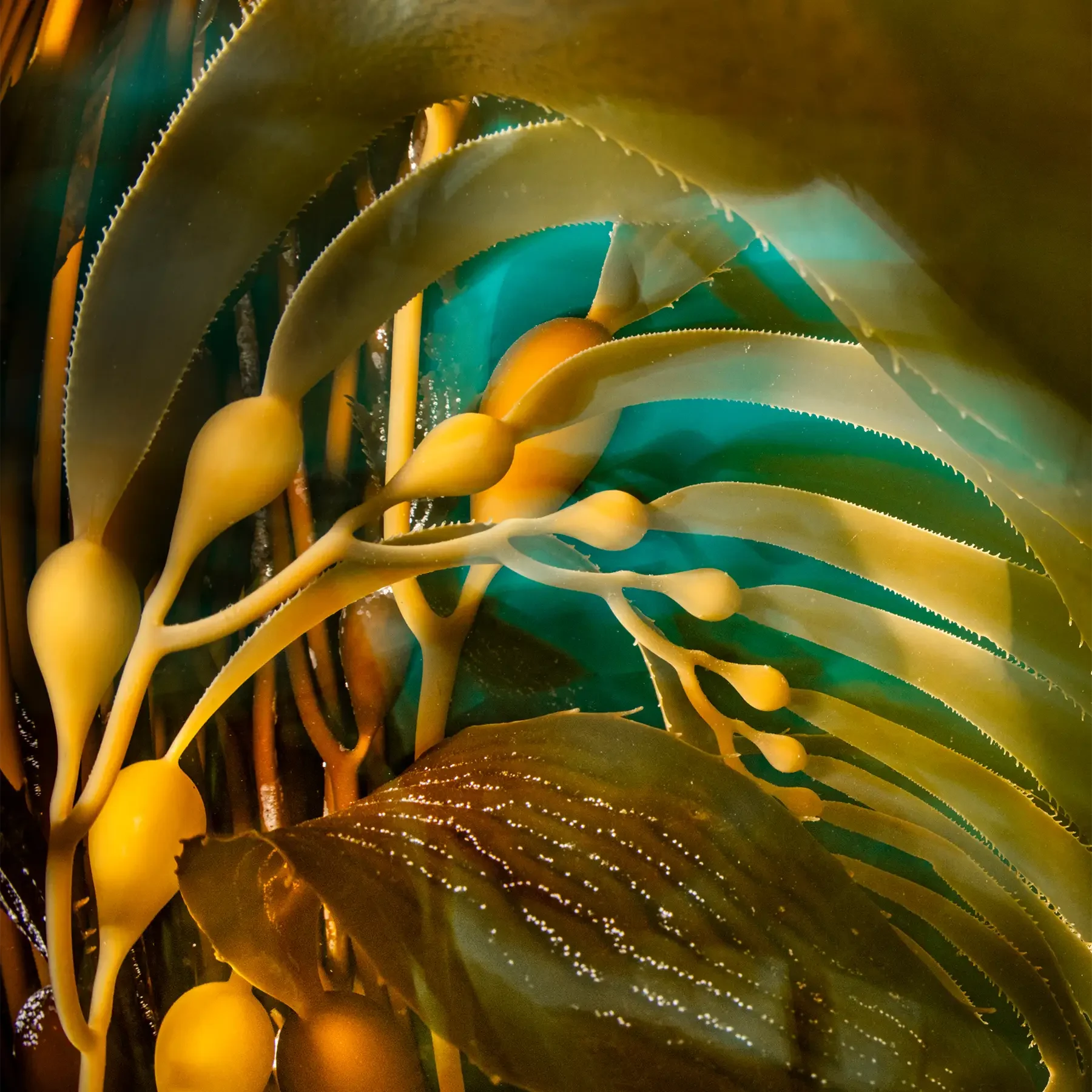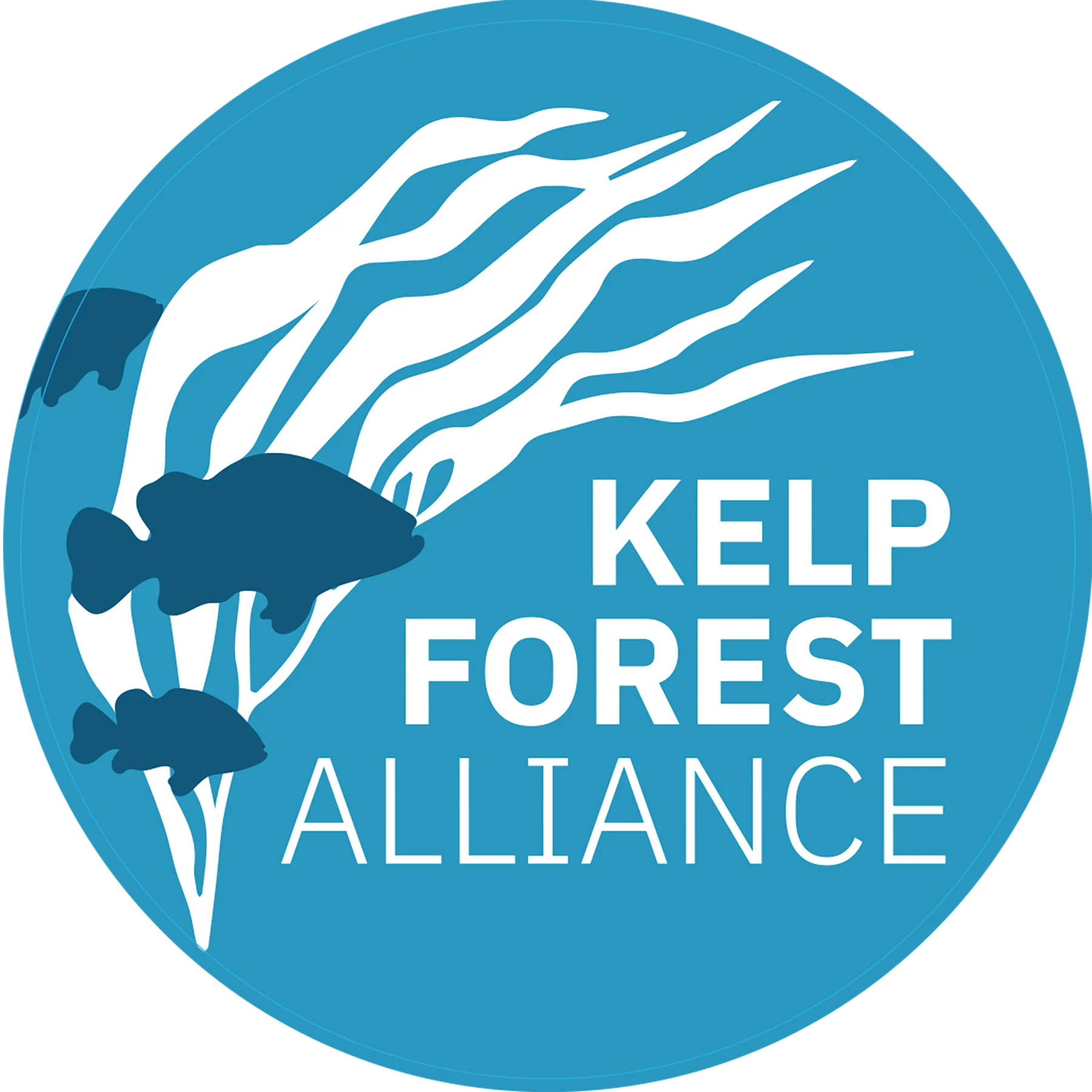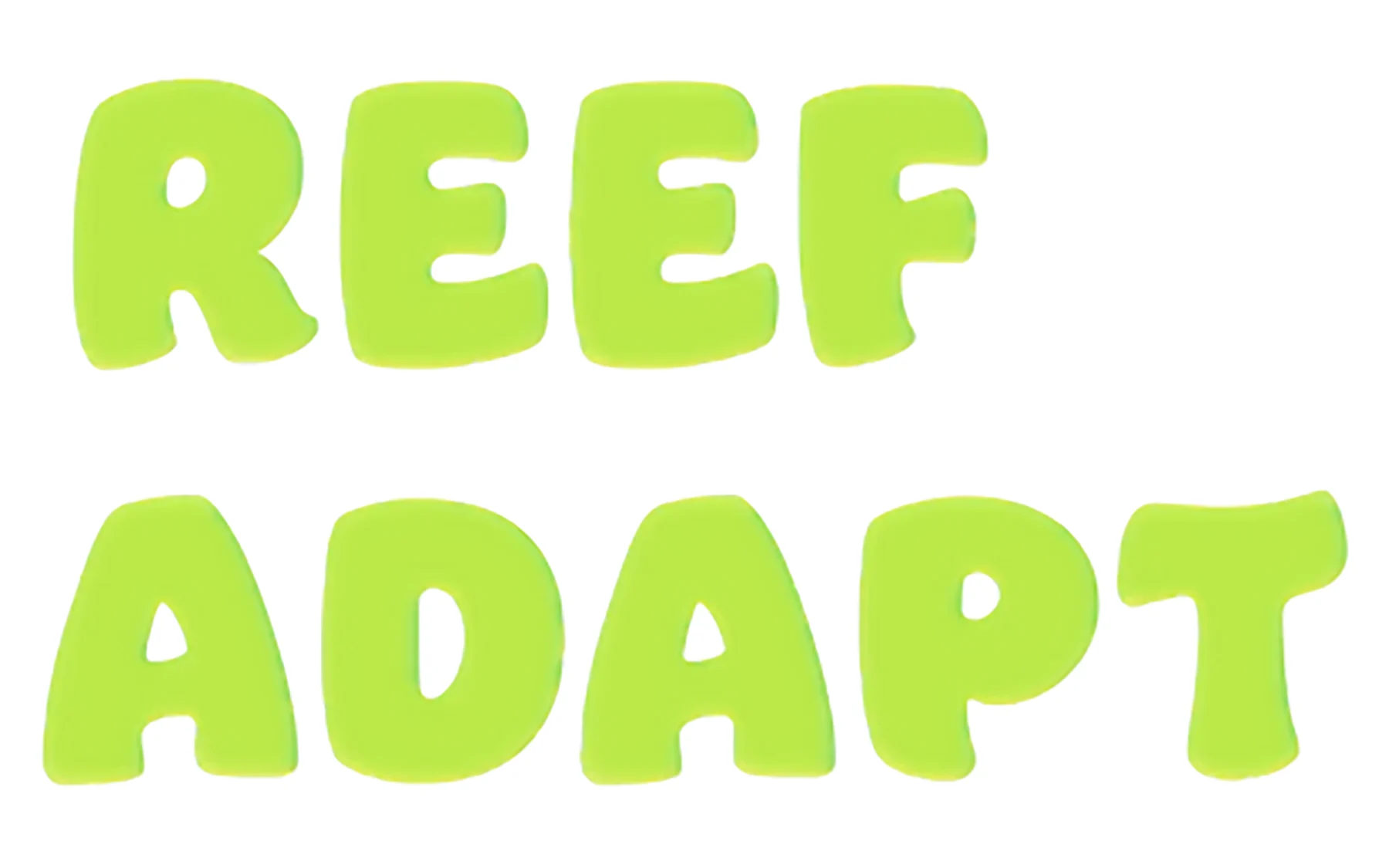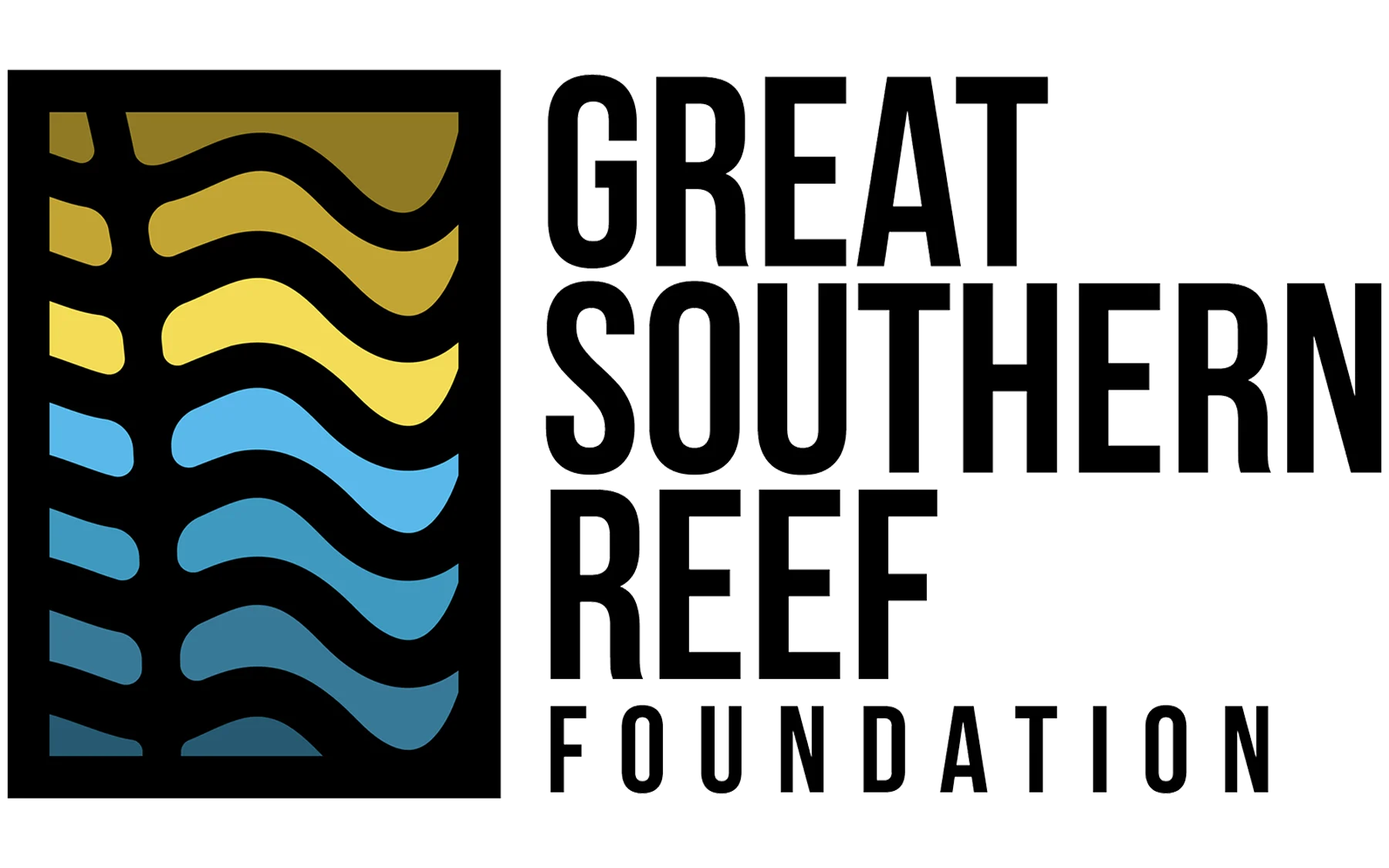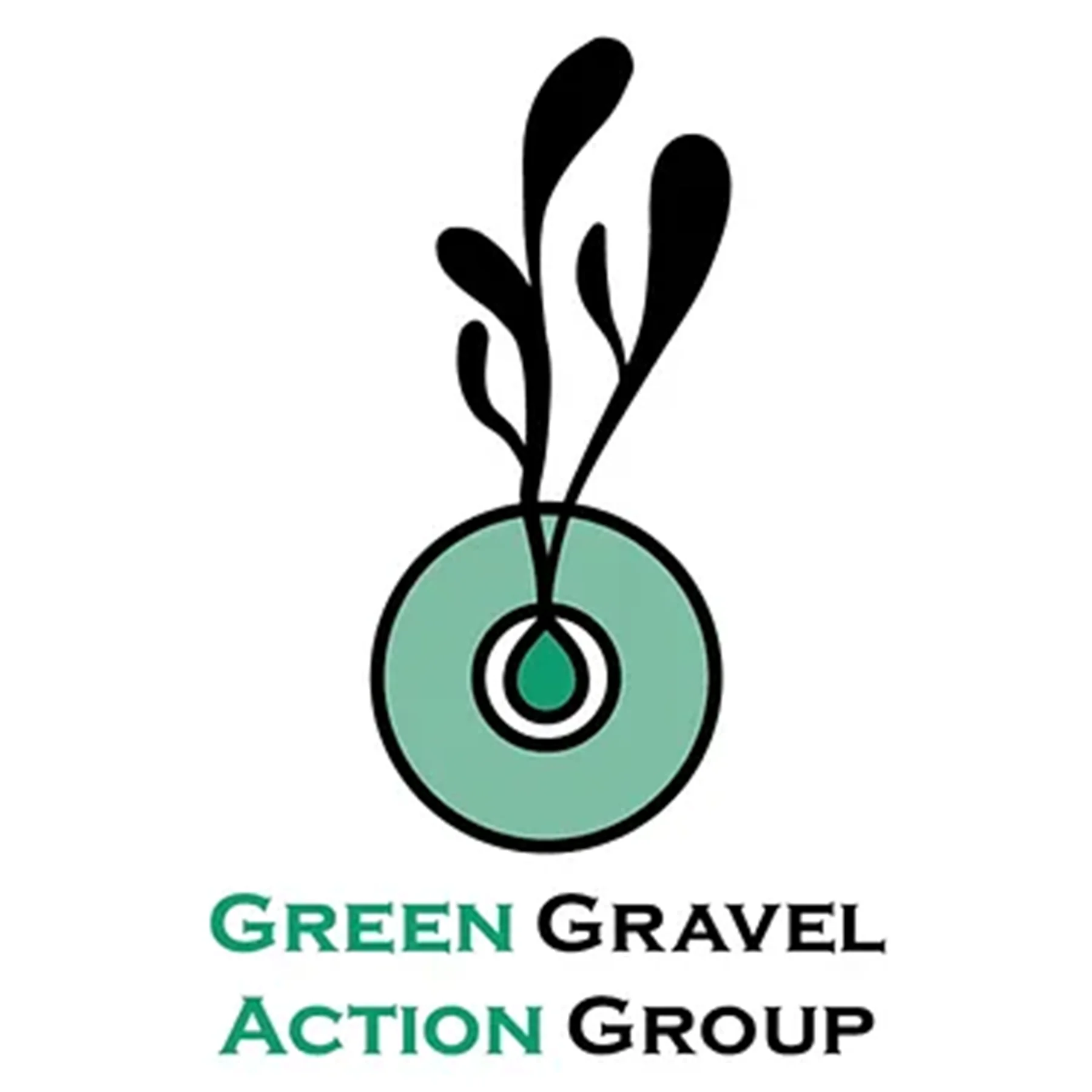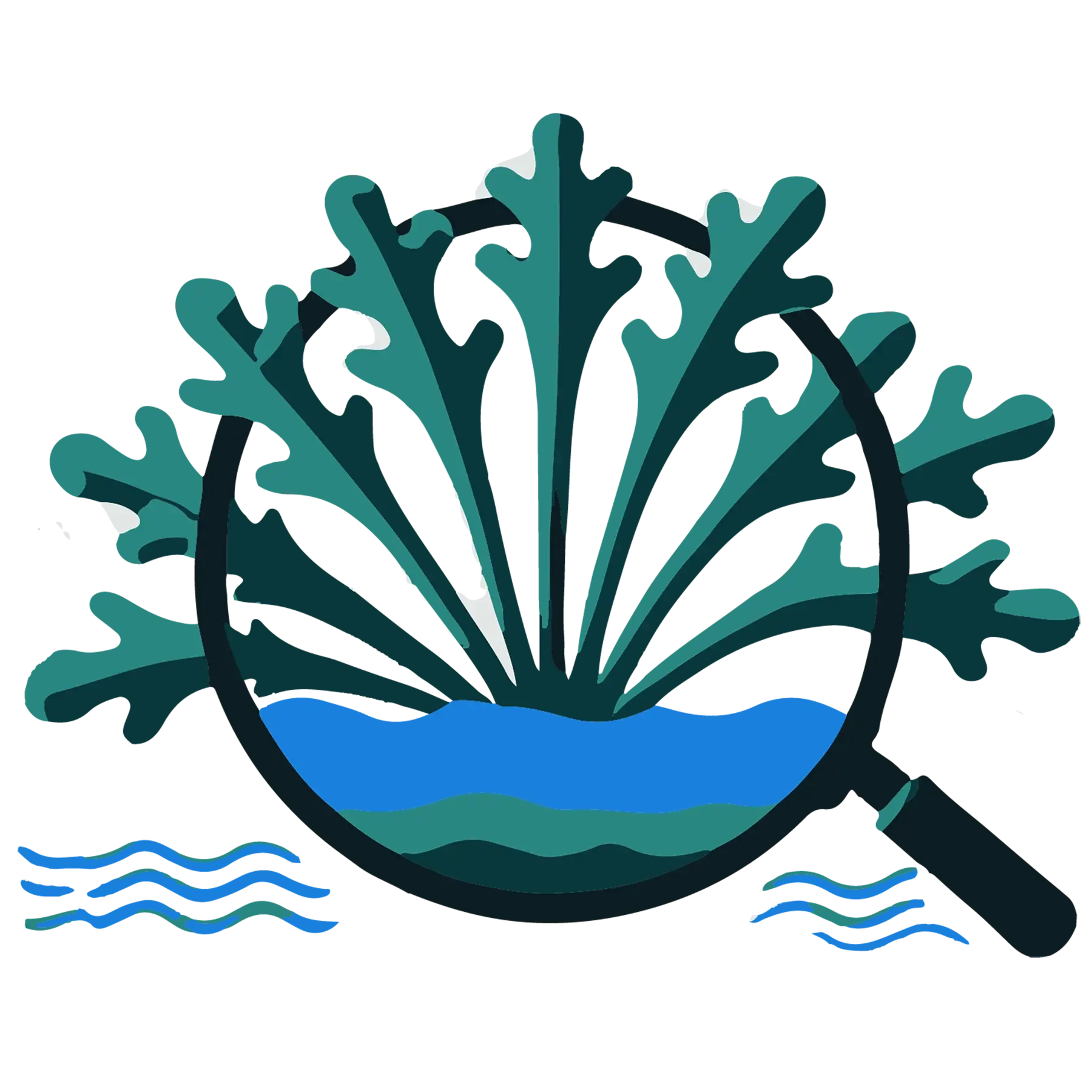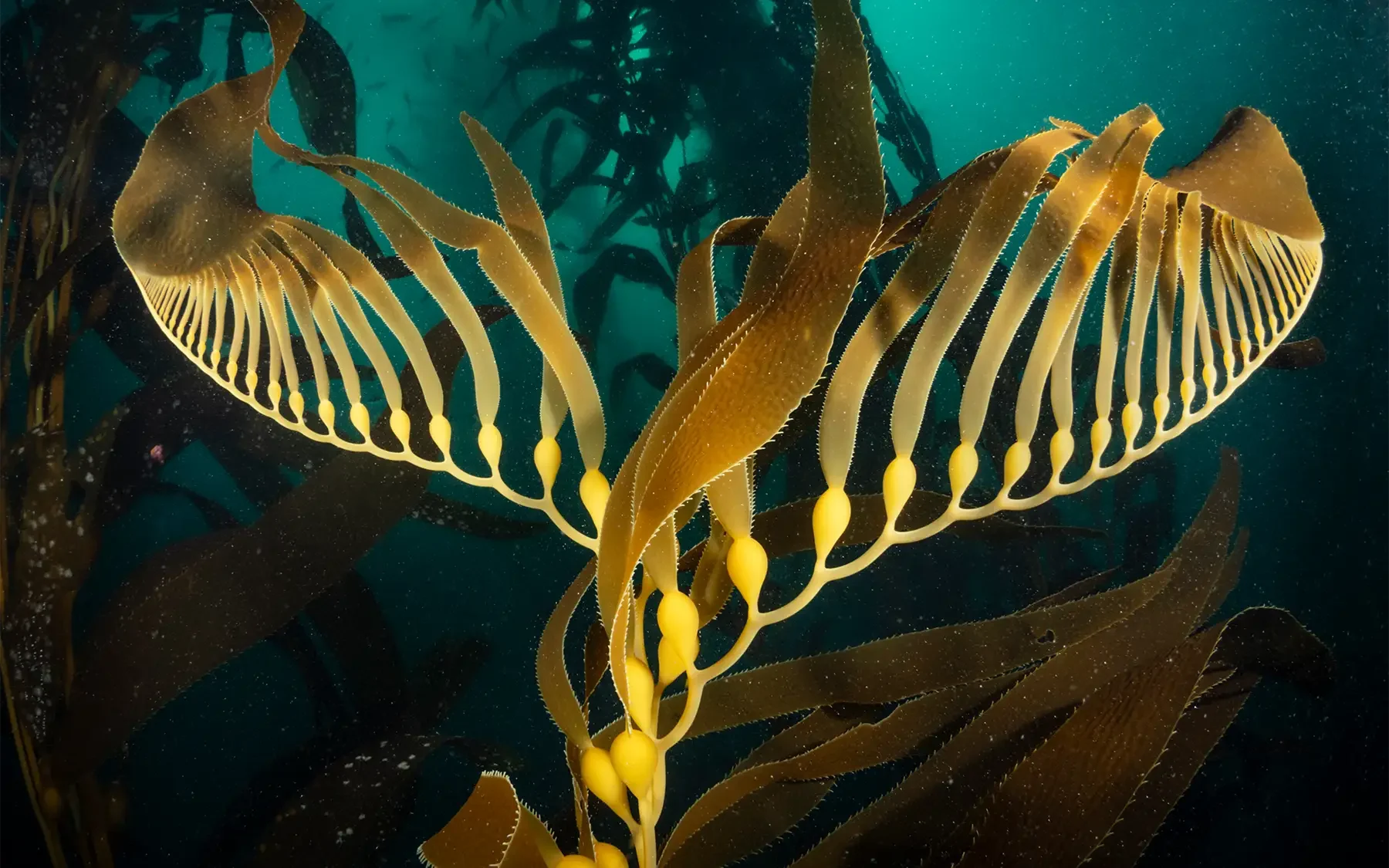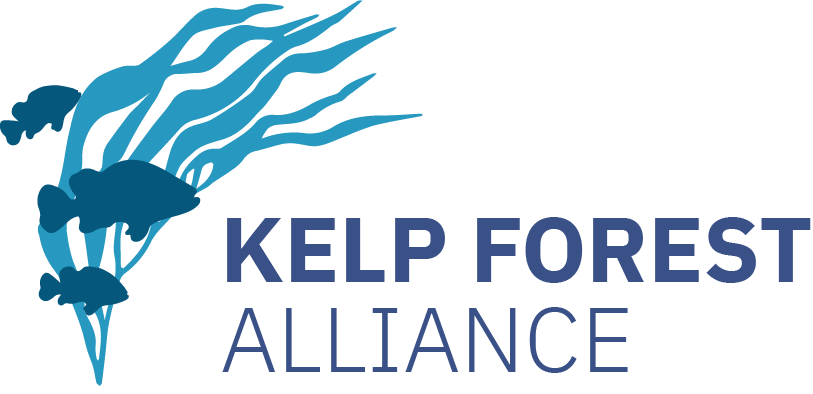The dissemination and consolidation of knowledge are critical for advancing efforts and ensuring sustainable practices in kelp restoration. Projects are often led by scientists, resulting in lessons buried within academic literature and creating barriers for practitioners, rights holders, policymakers, and the public. To bridge this gap, the global community has coalesced in recent years around products and working groups. Sharing resources through open-access platforms and centralised repositories ensures that valuable insights, from both successes and failures, foster a realistic understanding of restoration processes, and ultimately accelerate the collective learning curve and enhance effectiveness of restoration projects.
Below, we share a non-exhaustive list of some of the main resources available to kelp practitioners today.
Resources
Kelp Forest Alliance - The Kelp Forest Alliance is a collaborative community open to anyone working in or interested in kelp forest conservation. The NGO maintains a web platform that consolidates information on the amount of kelp forest restored, protected, the people and organisations working in kelp, as well as a Knowledge Hub of resources. New users may join via the website.
Kelp Restoration Guidebook - This guidebook leads users through the A-Z of kelp forest restoration and provides summary information and best practices on all aspects of a kelp restoration project. From engaging with the community to transplantation and planning for the future, this document provides easy-to-use and comprehensive information.
KelpWatch - A user-friendly web tool that provides access to multi-decadal Landsat-derived kelp canopy data (Macrocystis pyrifera and Nereocystis luetkeana) for visualizing changes over time. It simplifies complex datasets with three components: a cloud-based backend with an API, a tiling service for web map display, and a JavaScript-based frontend for intuitive exploration. Users can visualise kelp canopy changes through animations, graphs, and downloadable CSV files, aiding scientists and managers in research, monitoring, and informing strategic kelp restoration efforts.
Kelp Mapping Guidebook - The Kelp Mapping Guidebook outlines tangible steps for practitioners to determine the appropriate tools to map kelp based on the distribution of kelp in a specific area. The methods, tools, and datasets developed from this guidebook are transferable to a variety of other coastal monitoring and mapping projects that may also require unique regional considerations. It has been designed to be accessible to community members and researchers new to the field or outside science and academic institutions.
Kelp monitoring guidelines - This guidebook provides an overview of methodologies for monitoring kelp forest ecosystems, offers instructions for restoration practitioners, and compiles information into an accessible document. It is a valuable resource for tracking kelp forest extent, health, and benefits. The standardised approaches will aid information sharing, synthesis studies, and communication of kelp forest benefits. These guidelines represent the best available information and will be updated with new technologies and research.
ReefAdapt - Reef Adapt is a management-ready interactive tool designed to assist marine restoration and assisted gene flow planning. Reef Adapt incorporates genetic, biophysical, and environmental prediction data to provide maps that identify areas with populations suited to user-specified restoration or recipient sites under current and future climate scenarios. The web platform also allows users to upload new data to promote expansion to new species and bioregions around the globe.
Into the Blue Report - UNEP’s Into the Blue: Securing a Sustainable Future for Kelp Forests global synthesis report is a comprehensive knowledge review on the state of science on the world’s kelp forests and provides recommended actions for restoration.
Great Southern Reef Foundation - The Great Southern Reef Foundation is run by an independent team of science, media, and education professionals working to promote the recognition, stewardship, and long-term health of Australia’s kelp forests. The Foundation website hosts a variety of free kelp-centric teaching resources, other educational materials and media.
Green Gravel Action Group (GGAG) - The GGAG is a global network of macroalgae restoration researchers and practitioners that aims to facilitate the communication of research and protocols for out-planting and for upscaling restoration activities across different macroalgal species, locations, and habitats. The GGAG meets online twice yearly to discuss key questions, activities, challenges, solutions, and project outcomes. The GGAG website hosts contact details for projects and species-optimised protocols for field and lab procedures around the globe. New projects can join the group by getting in contact via the website.
Kelp Niche Mapper - Kelp Niche Mapper is an online web tool designed to summarise parts of the ocean that are ecologically suitable for kelp forest restoration. The tool helps practitioners understand the environmental niche of specific kelp species in a specific bioregion and is currently focused on Laminarian kelp species.
IUCN Seaweed Group - The IUCN Seaweed Specialist Group (SWSG) is an international working group for conservation assessment, planning and conservation action, and increasing the public profile of seaweeds worldwide. Initial work includes the assessment of Laminarian species for the IUCN Red List.
